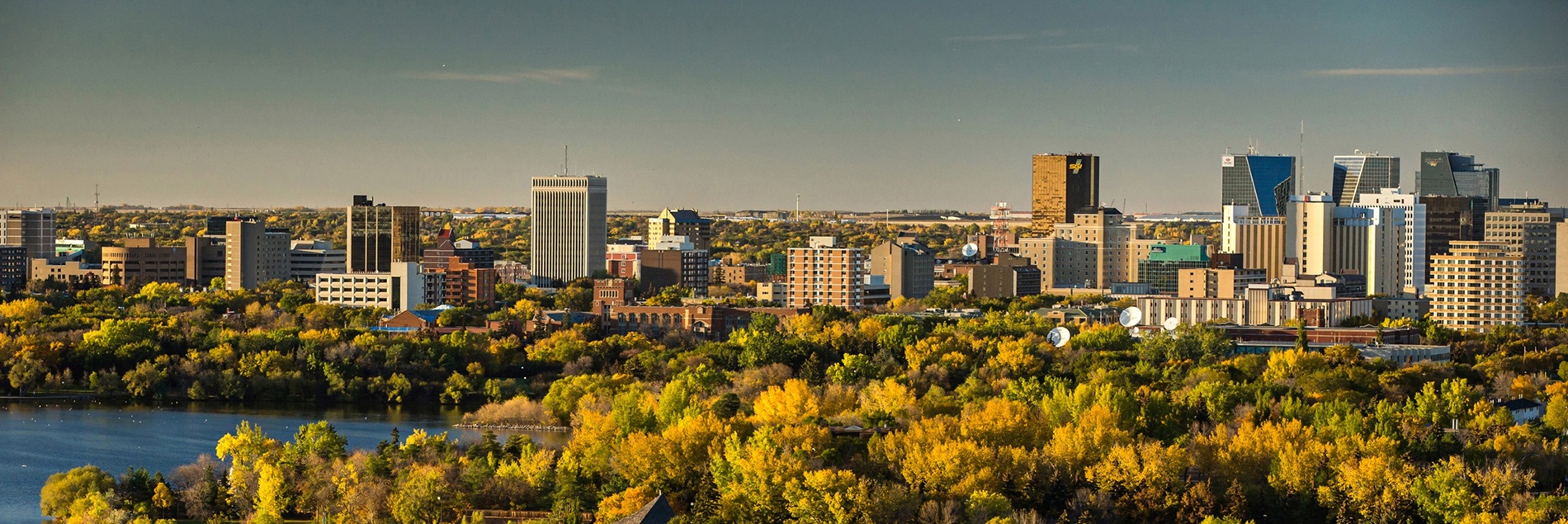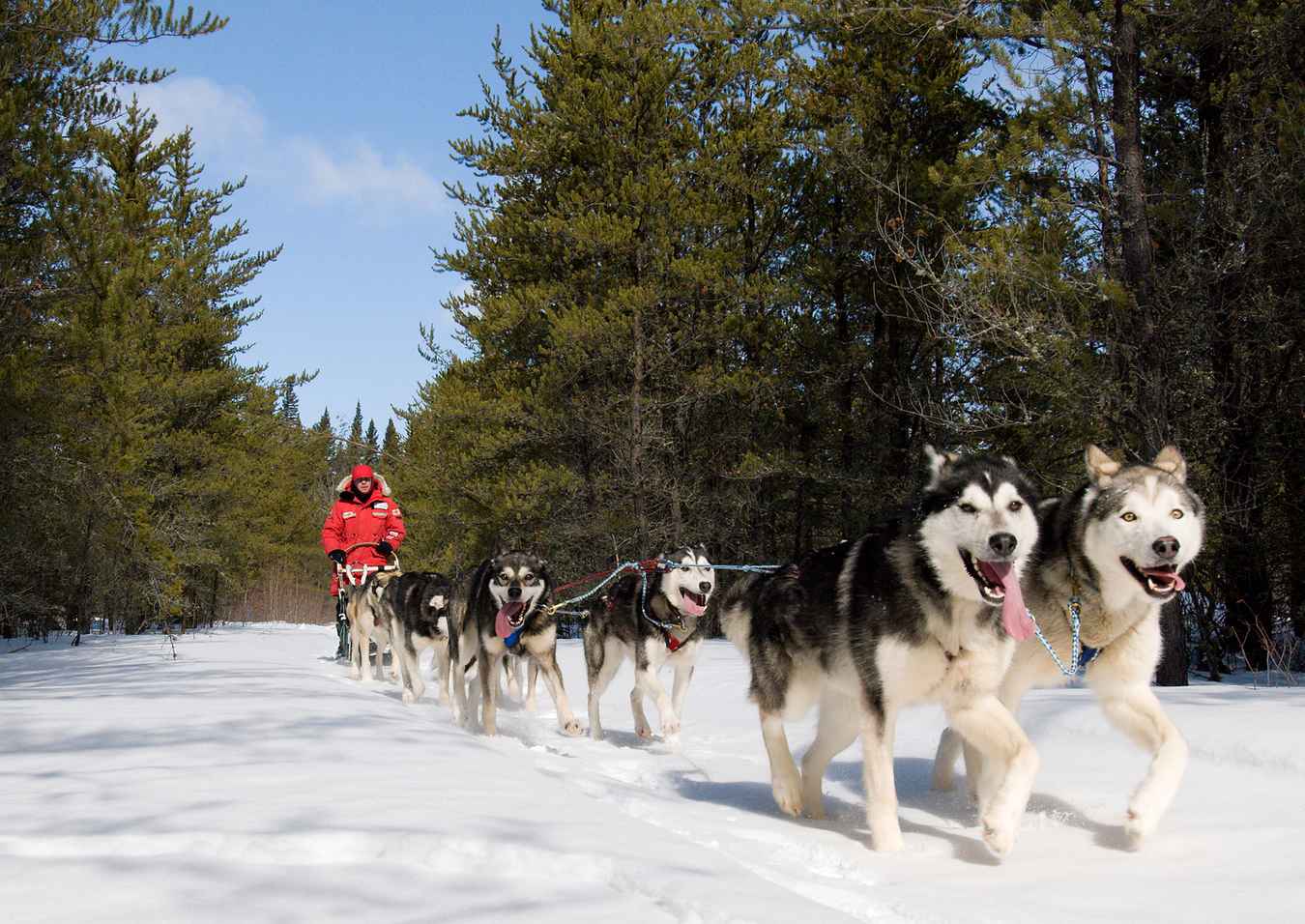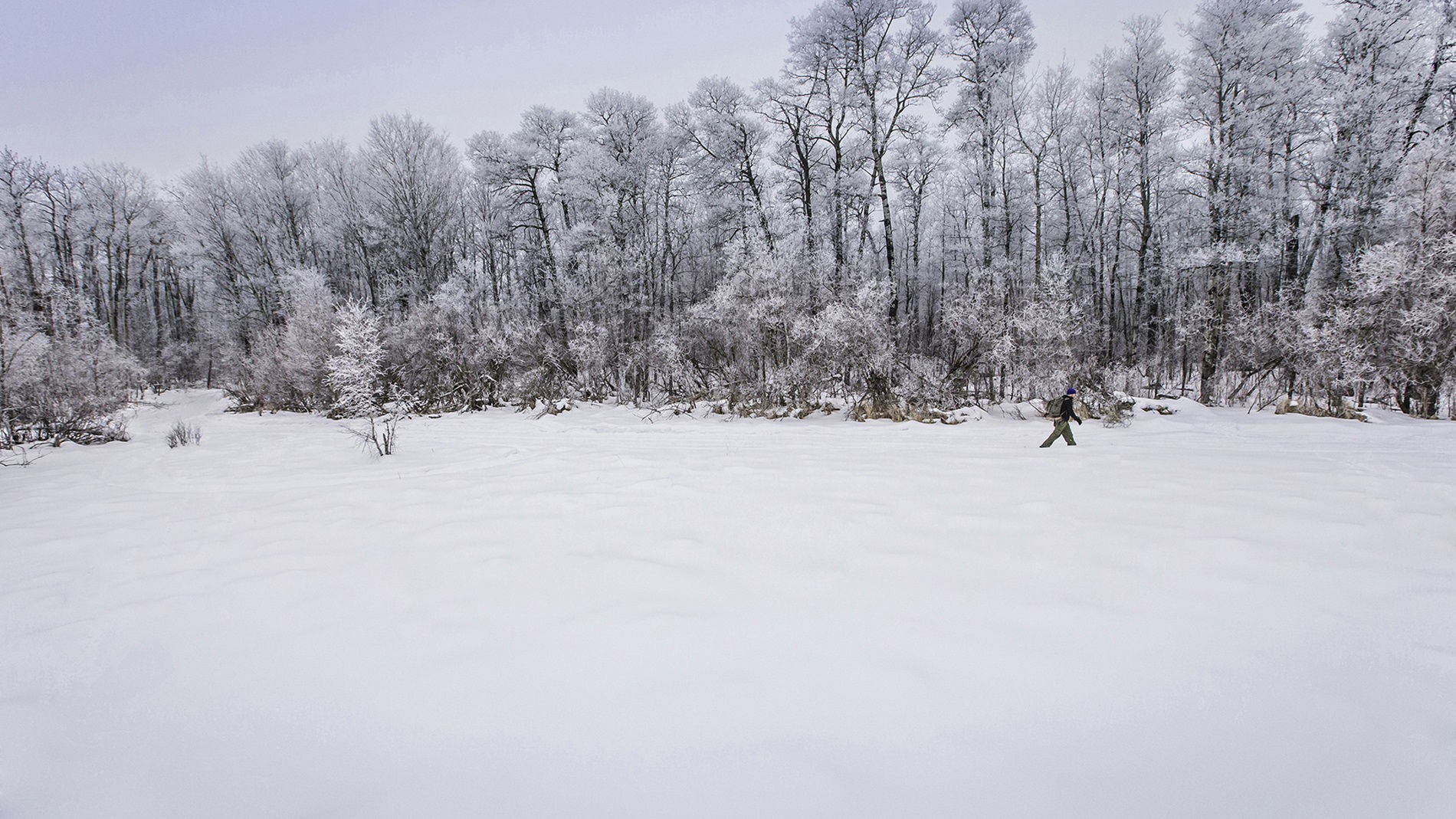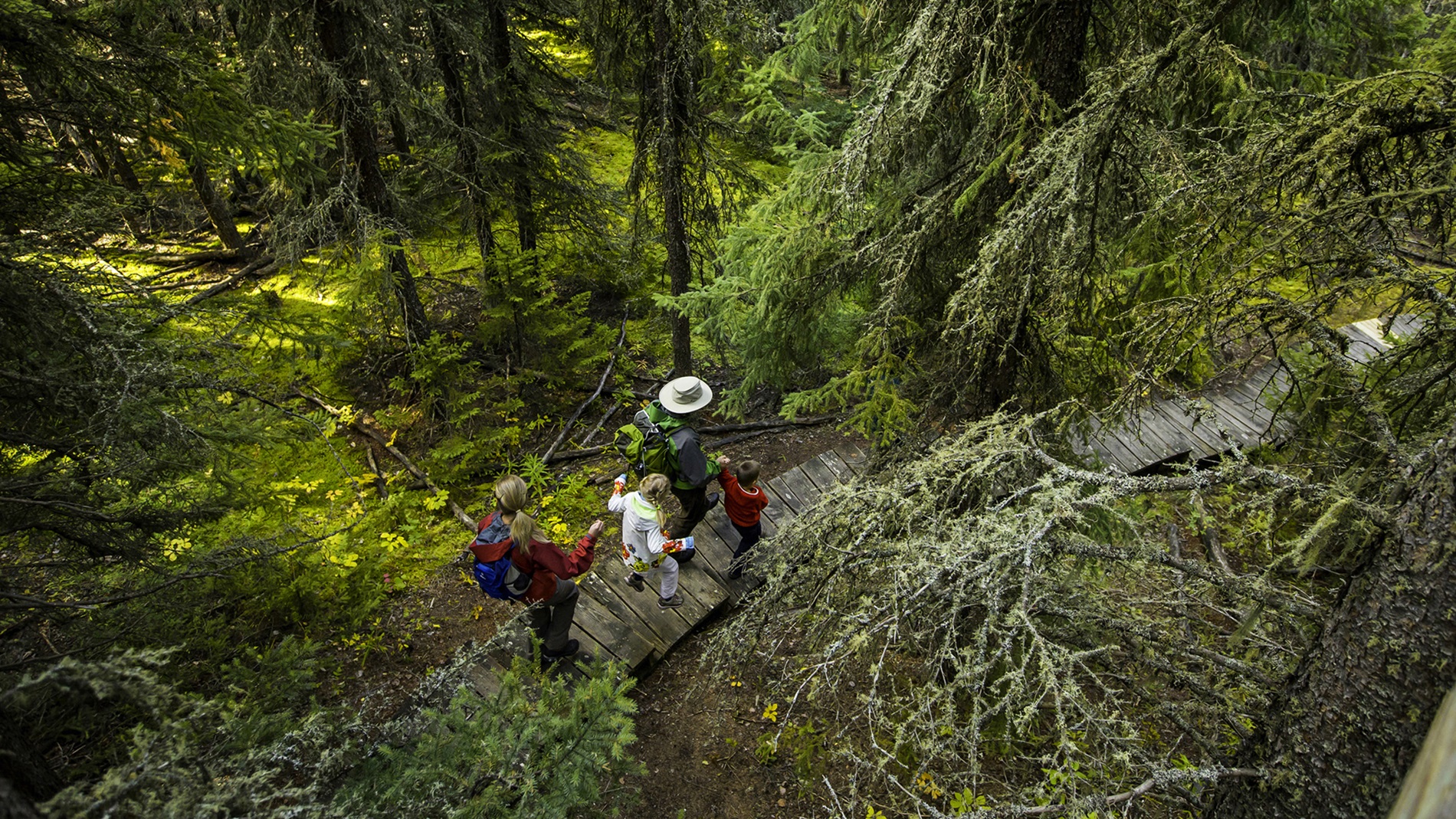Having defined and planned all aspects of the tourism project, the next steps are to take the proposal through the required stages of the development process.
Two major principles for consideration:
- Obtain local support
- Put your project in writing
The advantages of following these two principles will far outweigh any additional costs or time incurred.
The Importance of Local Support and Good Public Relations
Too many sound tourism business proposals have failed to move past the planning or approvals stage because of factors other than financial viability or local impact.
They may have ground to a halt because of strong local opposition arising from perceived negative impacts, such as the disruption of cottages or outdoor recreation activities. Alternatively, initial public announcements may have included unrealistic promises and expectations of benefits, or may have disregarded issues considered to be important locally.
Local support and "good neighbour" relations may not be absolutely essential for profitability and success of tourism operations. However, a proposed development that has local support and maintains open, honest communication with local governments, businesses and residents is more likely to receive approvals and operate successfully in the future.
Tourism Saskatchewan's Product Development Department professionals can share examples of successful projects that employed good communications and fostered relations with the local public.
Put It in Writing
The chances of proceeding successfully and reasonably quickly through the development process will improve substantially with thorough documentation.
Decision-makers are more likely to respond positively when all of the information is supplied, problems are anticipated and intentions are clearly states.
The preparation of a sound, well-documented proposal, outlining the development concept, as described in chapters one and two, will be invaluable in bringing the project through to implementation. The proposal should include economic issues such as jobs, taxes and other government and societal concerns.
The Development Process
This section describes the various types of development approvals that are common in Saskatchewan, along with circumstances that would require each approval process. Because Tourism Saskatchewan's Product Development Department is familiar with these procedures, it is advisable to establish contact at the start and utilize this expertise throughout.
Generally, the process involves a number of separate, but interrelated areas, which may be encouraged with most types of development. Once again, it may be advantageous to use the services of private consultants, especially if it is a complex major project. In all cases, it is advisable to consult all agencies as early as possible to determine which procedures must be followed and the time required for each.
The following steps outline the Development Process
-
Municipal Planning Considerations
- Official Community Plans (OCP)
- Zoning bylaws and development permits
- Building permits
-
Subdivision and Servicing Considerations
- Land subdivision approval
- Servicing agreements
-
Environmental and Resource Considerations
- Environment impact
- Fisheries and wildlife habitat
- Flood risk and slope stability
- Reservoir development areas
- Heritage considerations
-
Public Health, Servicing and Liquor Licensing
- Water supply and distribution
- Liquid and solid waste disposal
- Food, liquor and accommodation regulations and guidelines
- Liquor licensing
-
Access
-
Special Cases
- Crown Land
- Provincial and national parks
The locals municipality should be contacted initially to determine how the proposal fits with municipal plans, policies and bylaws.
An early meeting with the municipal administrator and with representatives of the Community Planning, Land Use and Subdivision Branch of the Ministry of Government Relations will identify the requirements of this part of the development process. The economic development officer, if the municipality has one, will also provide advise and assistance.
For further information, contact the local Ministry of Environmental field office and the regional office of the Water Security Agency. If environmental concerns are evident, contact the Environmental Assessment Branch of the Ministry of Environment. The Saskatchewan Heritage Foundation can assist if your development might have an impact on heritage resources.
The Ministry of Health, the appropriate regional health authority and the regional offices of the Water Security Agency should be contacted at the outset with respect to public health and servicing considerations. The Saskatchewan Liquor and Gaming Authority will provide information regarding liquor licence requirements.
The Saskatchewan Human Rights Commission and the Building Standards Branch of the Ministry of Corrections, Public Safety and Policing can provide guidance to ensure your development complies with accessibility regulations.
If highway access is required, the Ministry of Highways and Infrastructure should be contacted.
Situations proposing Crown Land or land within provincial or national parks to be leased or acquired are special cases. These situations require contact with the appropriate authority, which may include: Ministry of Environment, Ministry of Parks, Culture and Sport, Ministry of Agriculture, Parks Canada (Environment Canada) and Water Security Agency.
For a preliminary understanding of the permits and licenses that may be required from all levels of government to operate your proposed venture, consult Saskatchewan's BizPal service. Though a series of short questions, this online service provides you with a customized list based on the type of operation that you are planning and its proposed location.




















